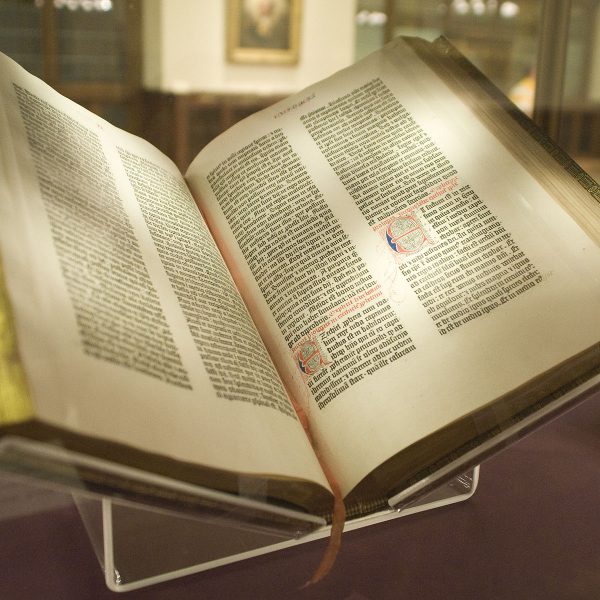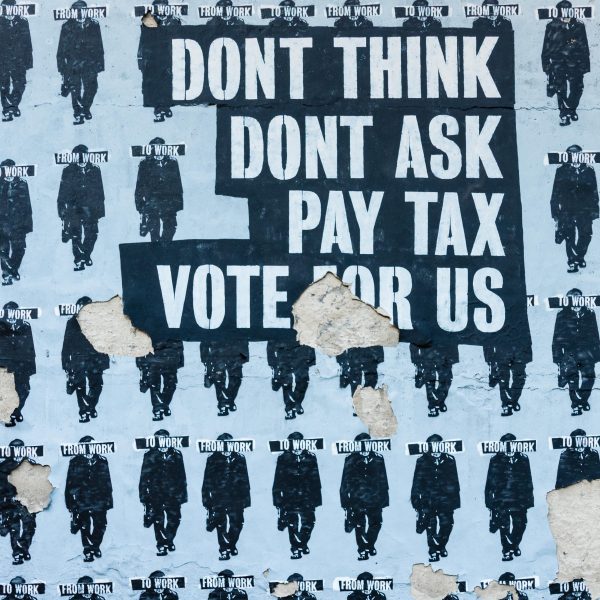
Because whiteness lies at the center of biblical studies, the accepted way of doing biblical scholarship is one that engages white questions, white concerns. The system forces scholars of color, especially those who receive their doctoral trainings in the western educational system, to be familiar with white scholarship.

Jesus’ teaching regarding taxation and our allegiance to human governments challenges Christians who find themselves subject to contemporary governments to think about how we relate to their inevitable exploitation.

The tendencies of any group of human beings to normalize power and hide harm are themselves, then, subject to the process Matthew’s gospel is describing. The frankness of communication, of subsidiarity mediation and conflict negotiation, the expectation of honest and mutual accountability described here should also be applied, as healthily and faithfully as possible, to the workings of authority, relationship, and power system within the community.

The God present in the book of Jonah is a God who never gives up hope on anyone, even those who have perpetrated the worst evils. Also, the God present here is a God who demands that we repent thoroughly, completely, and without reservation. This is not a cheap reconciliation, but a very costly one indeed.







